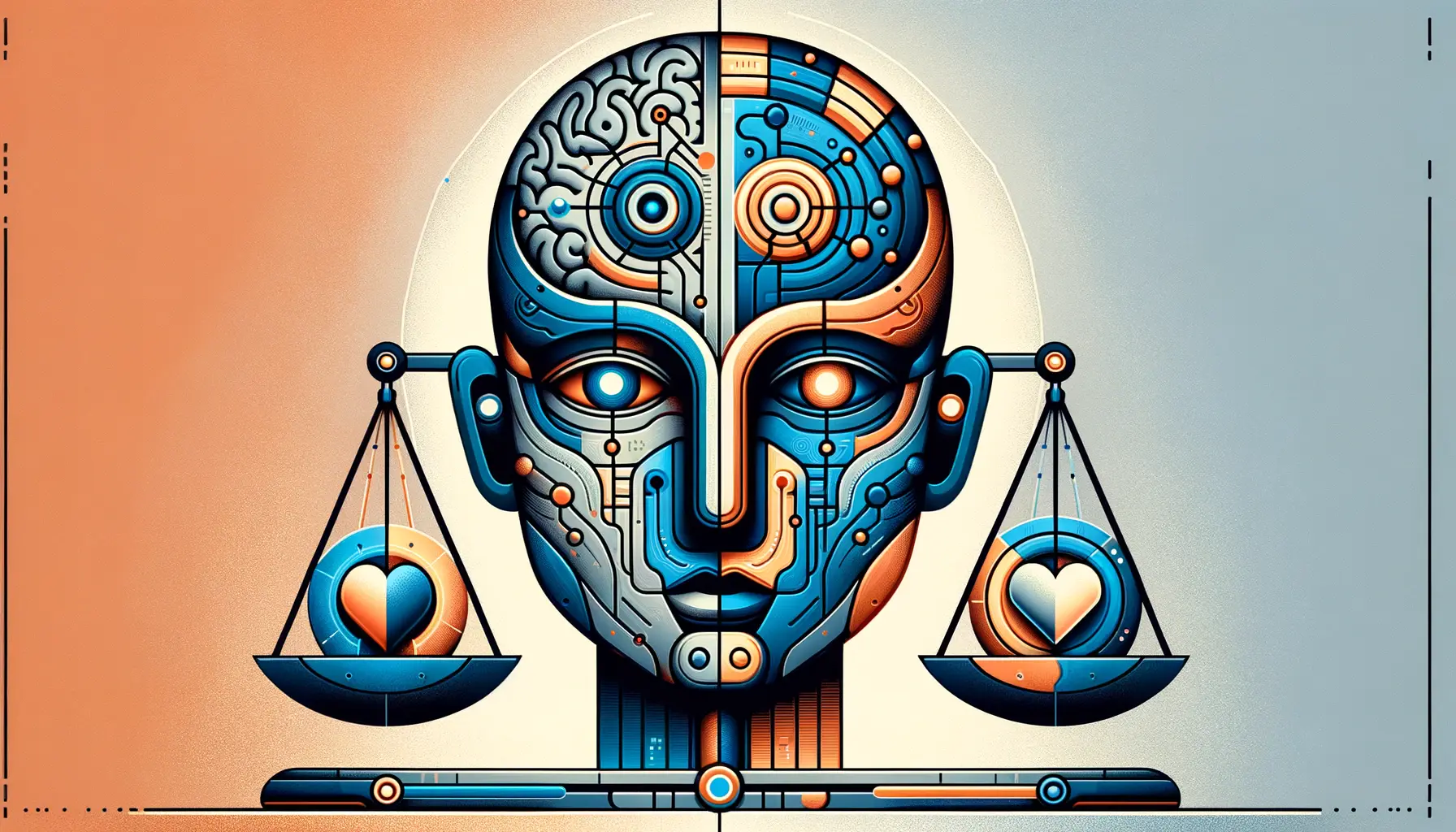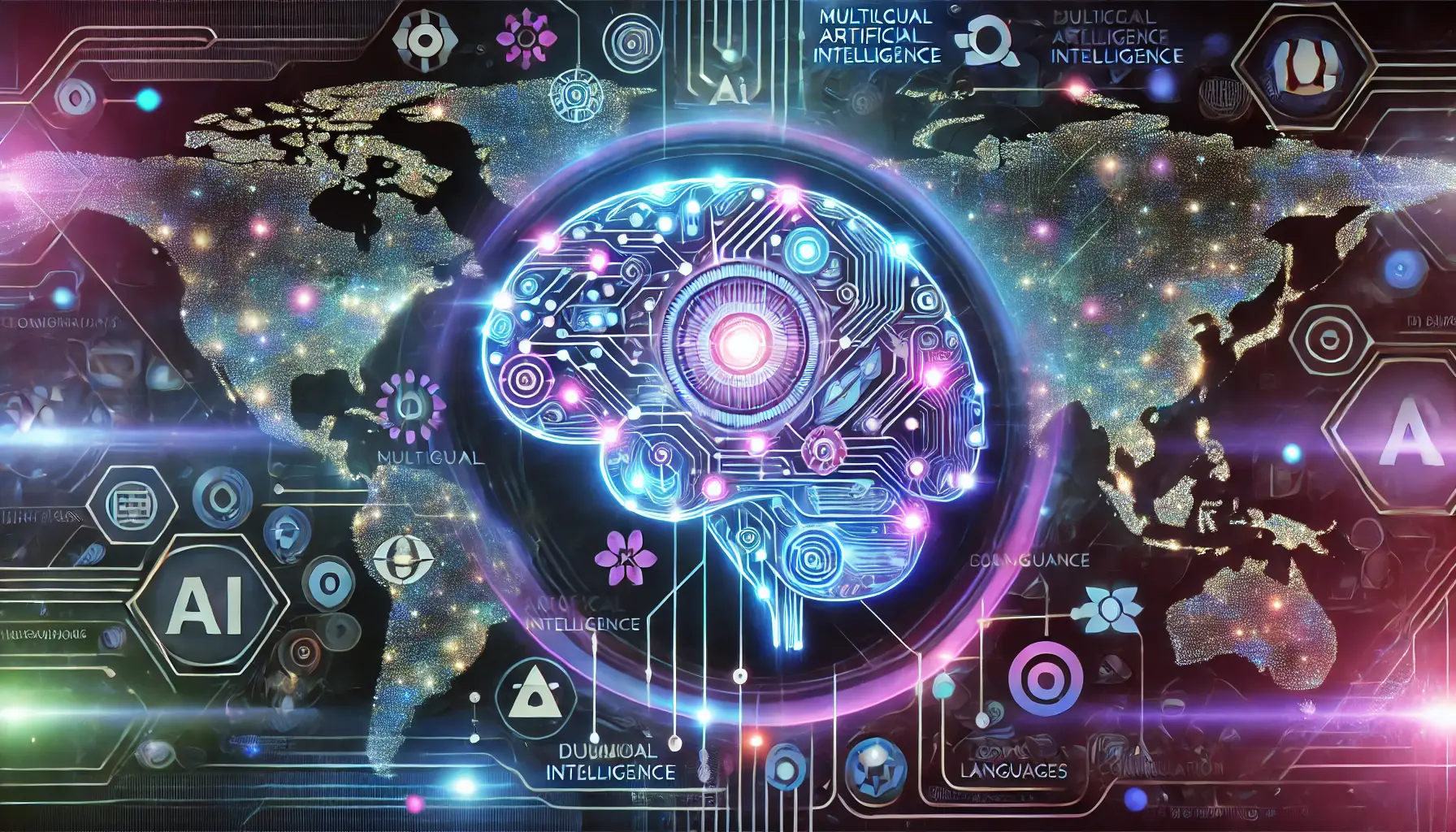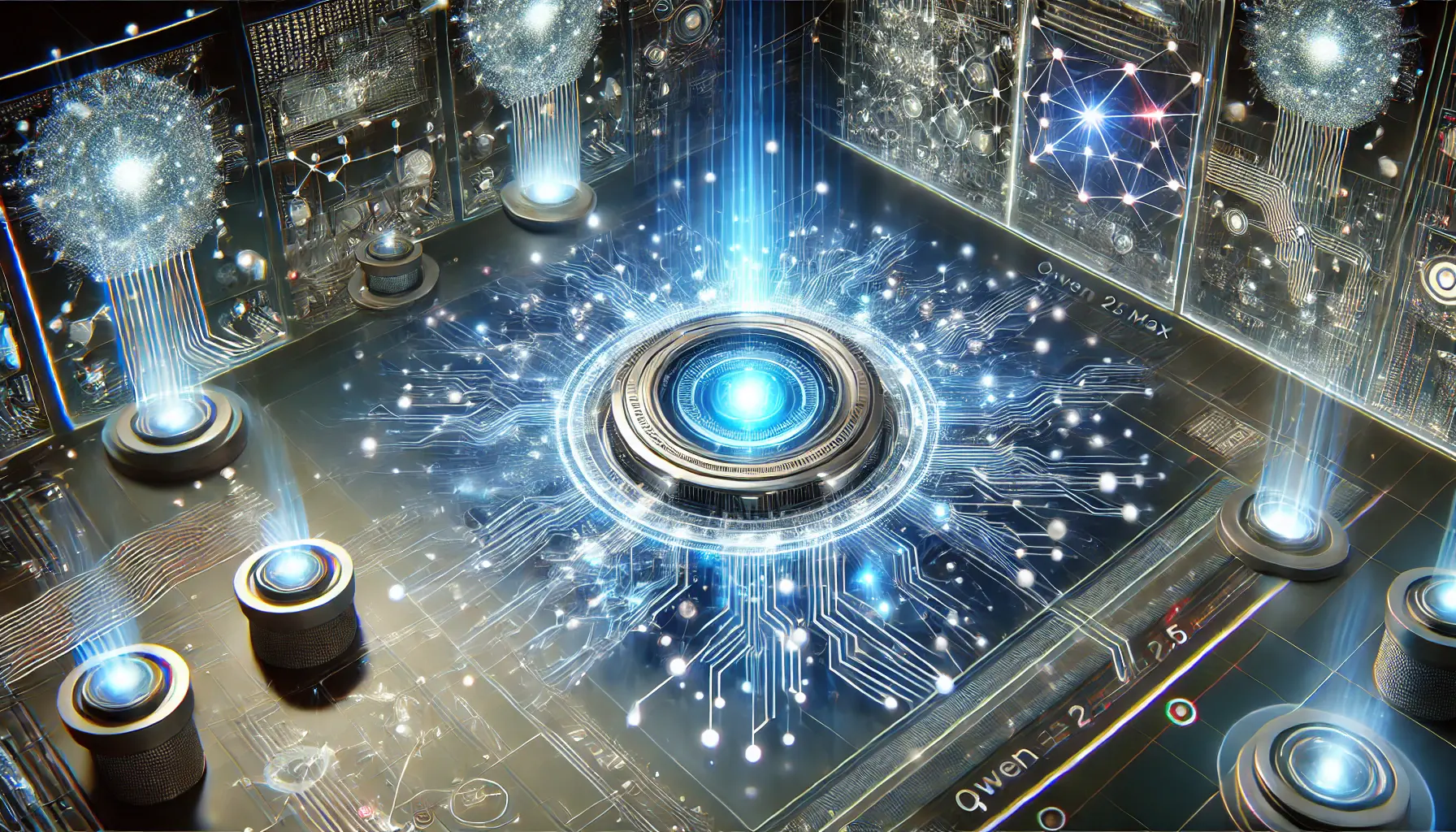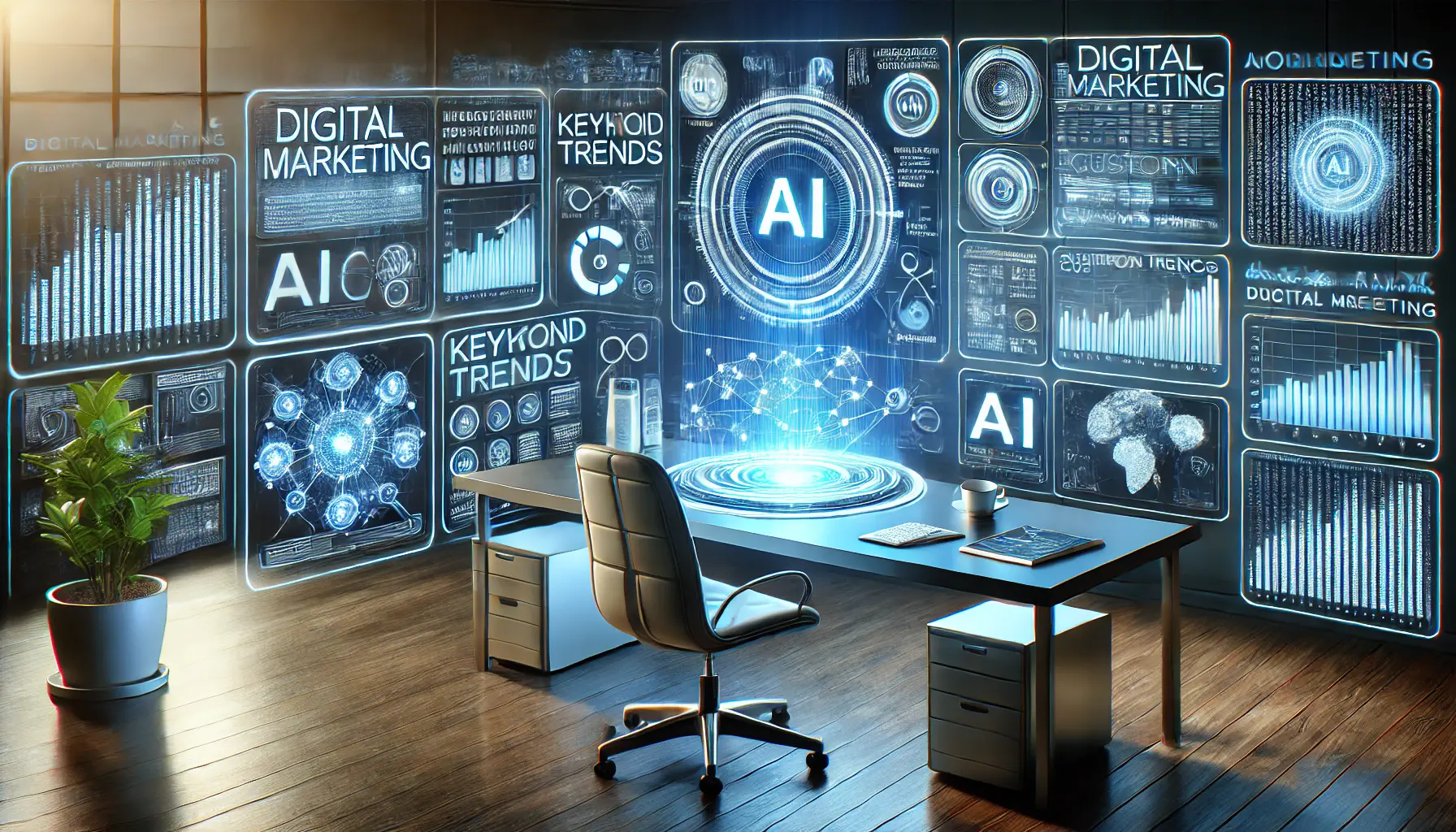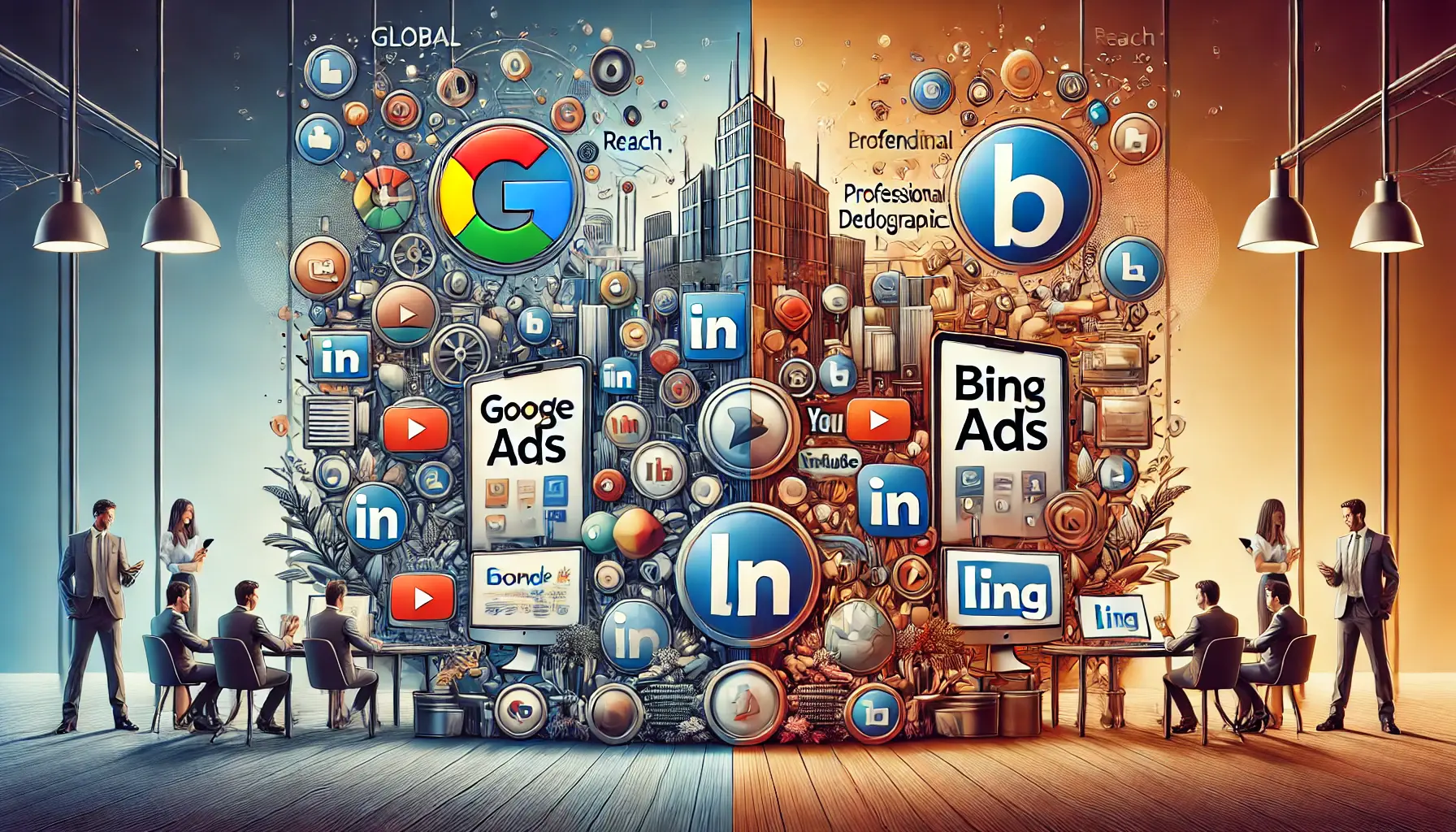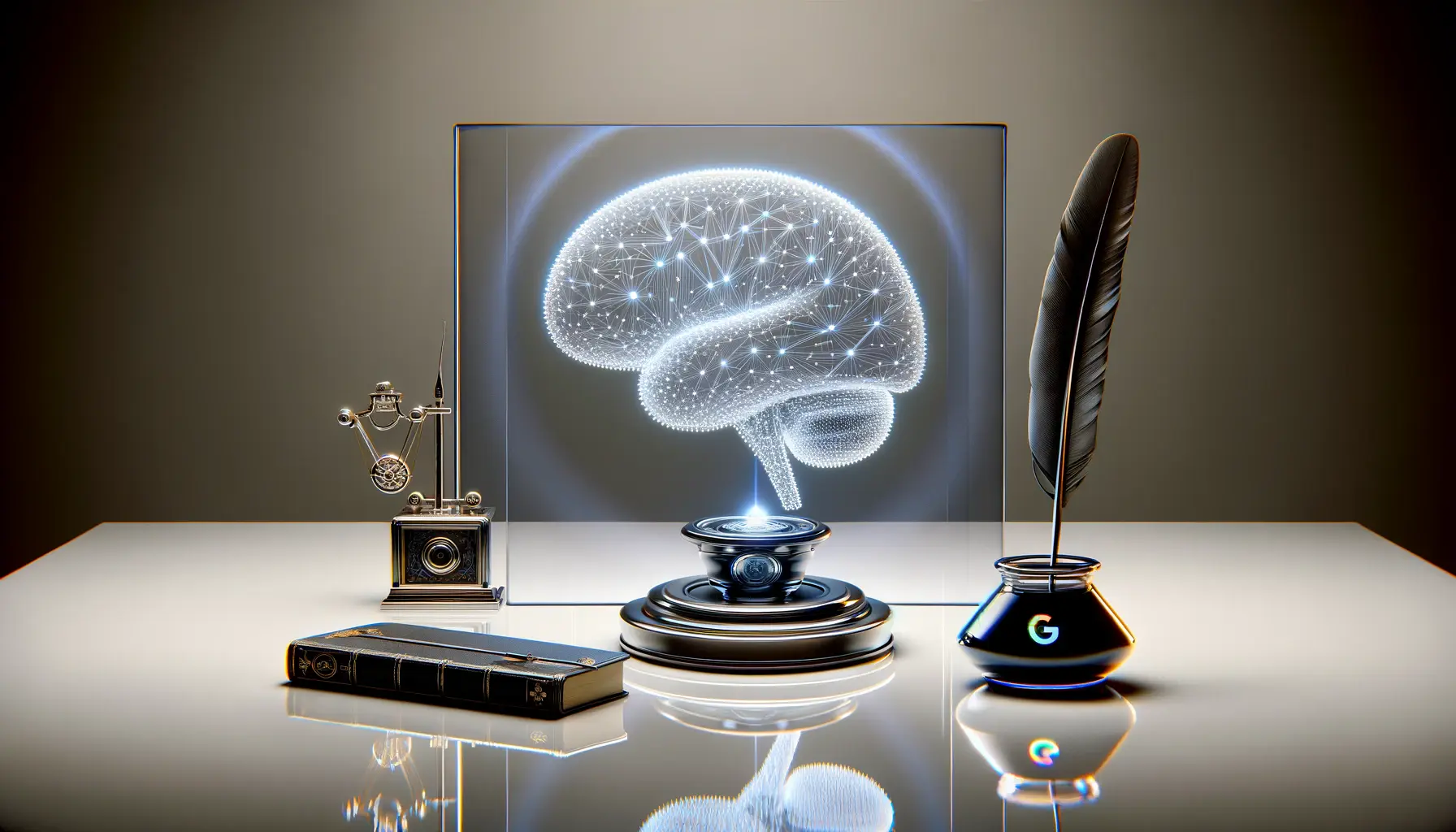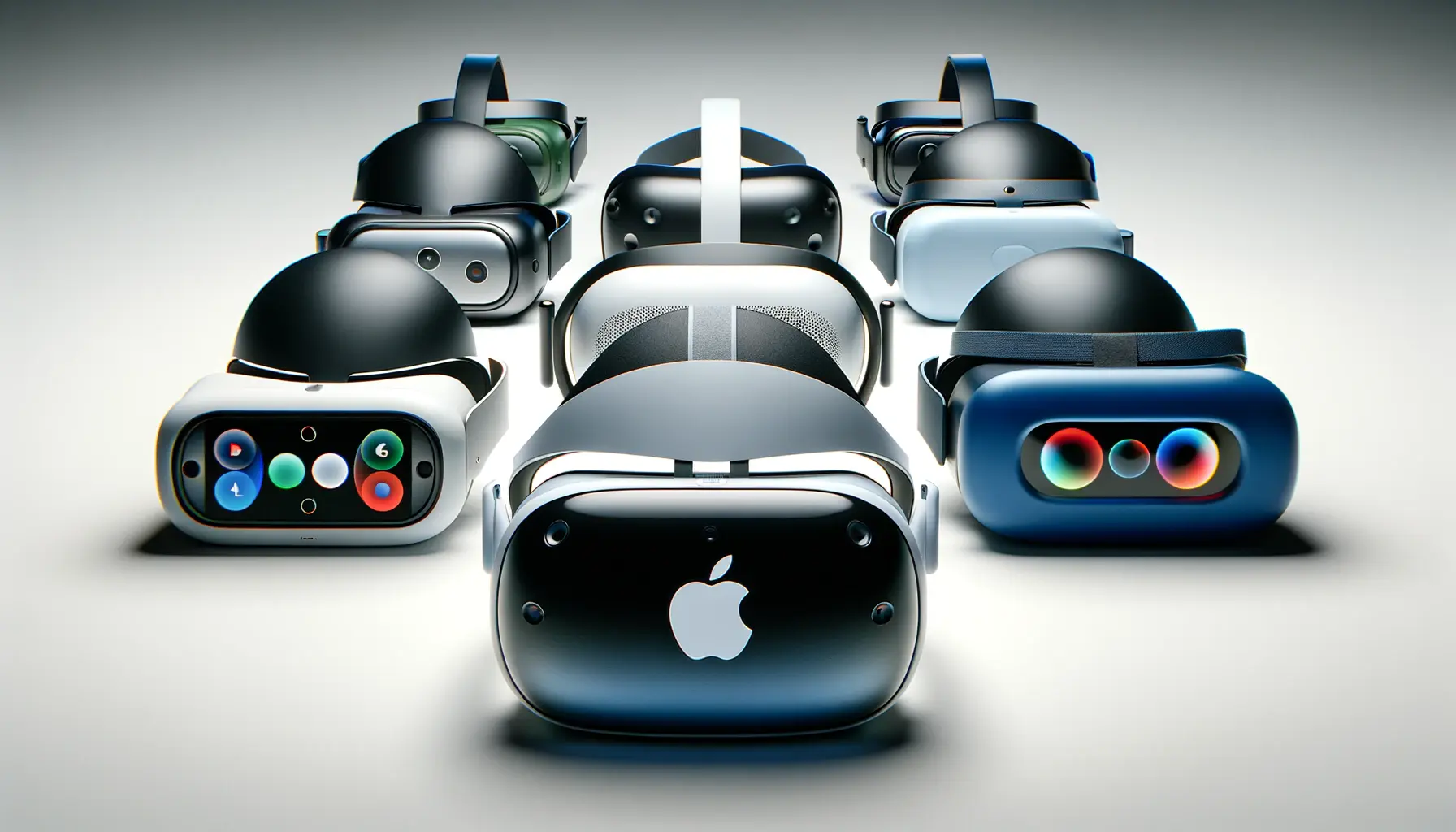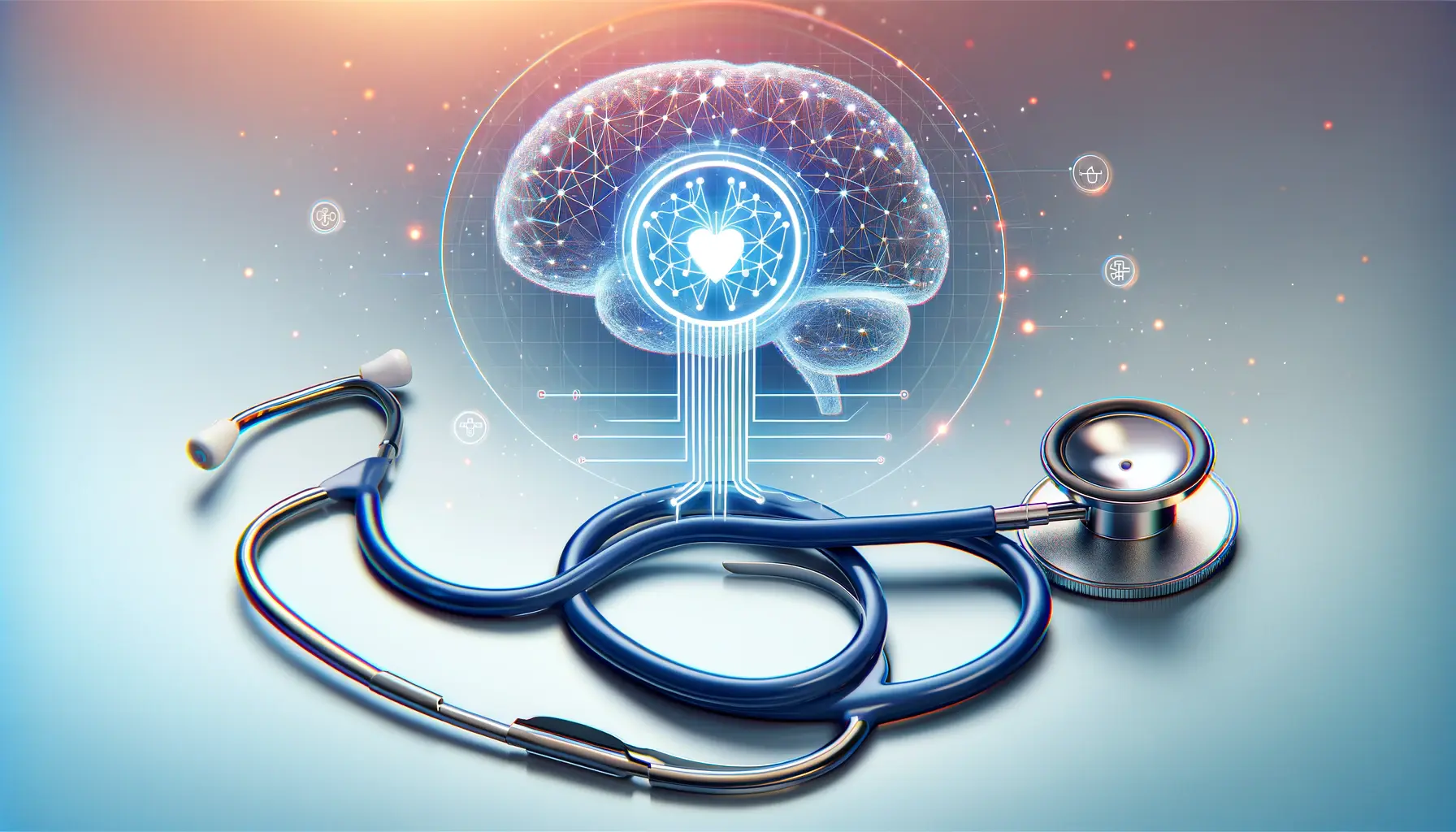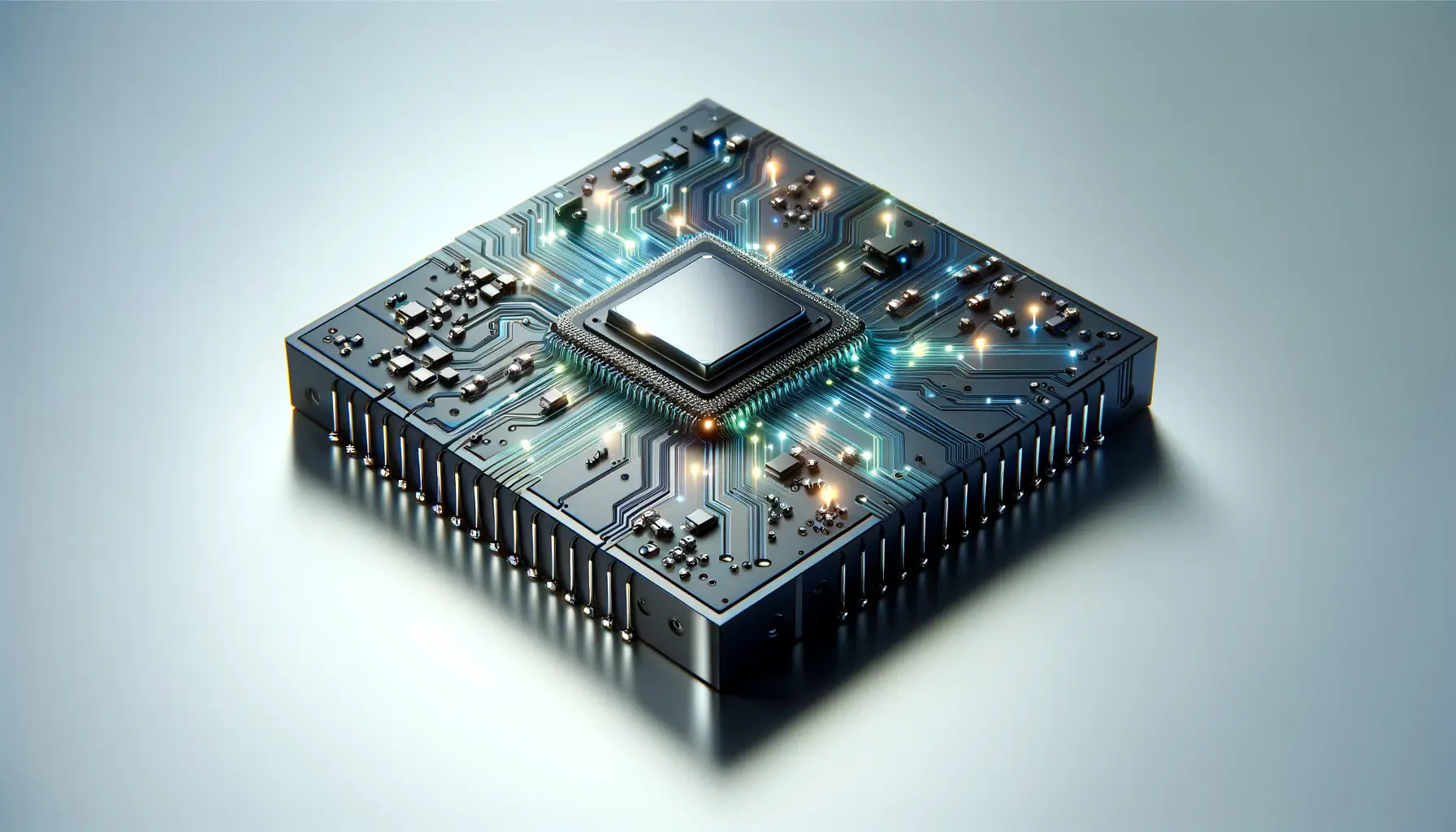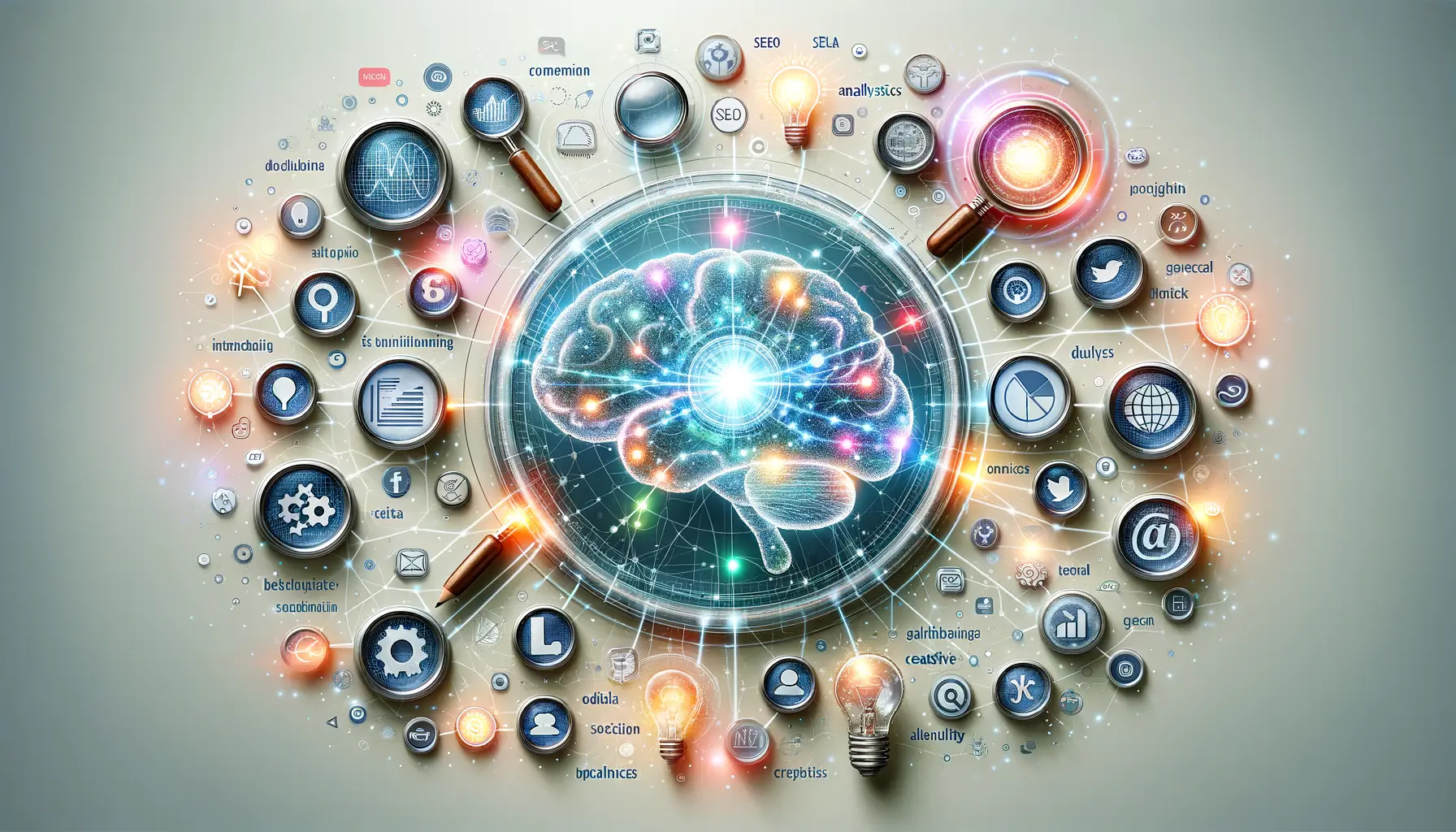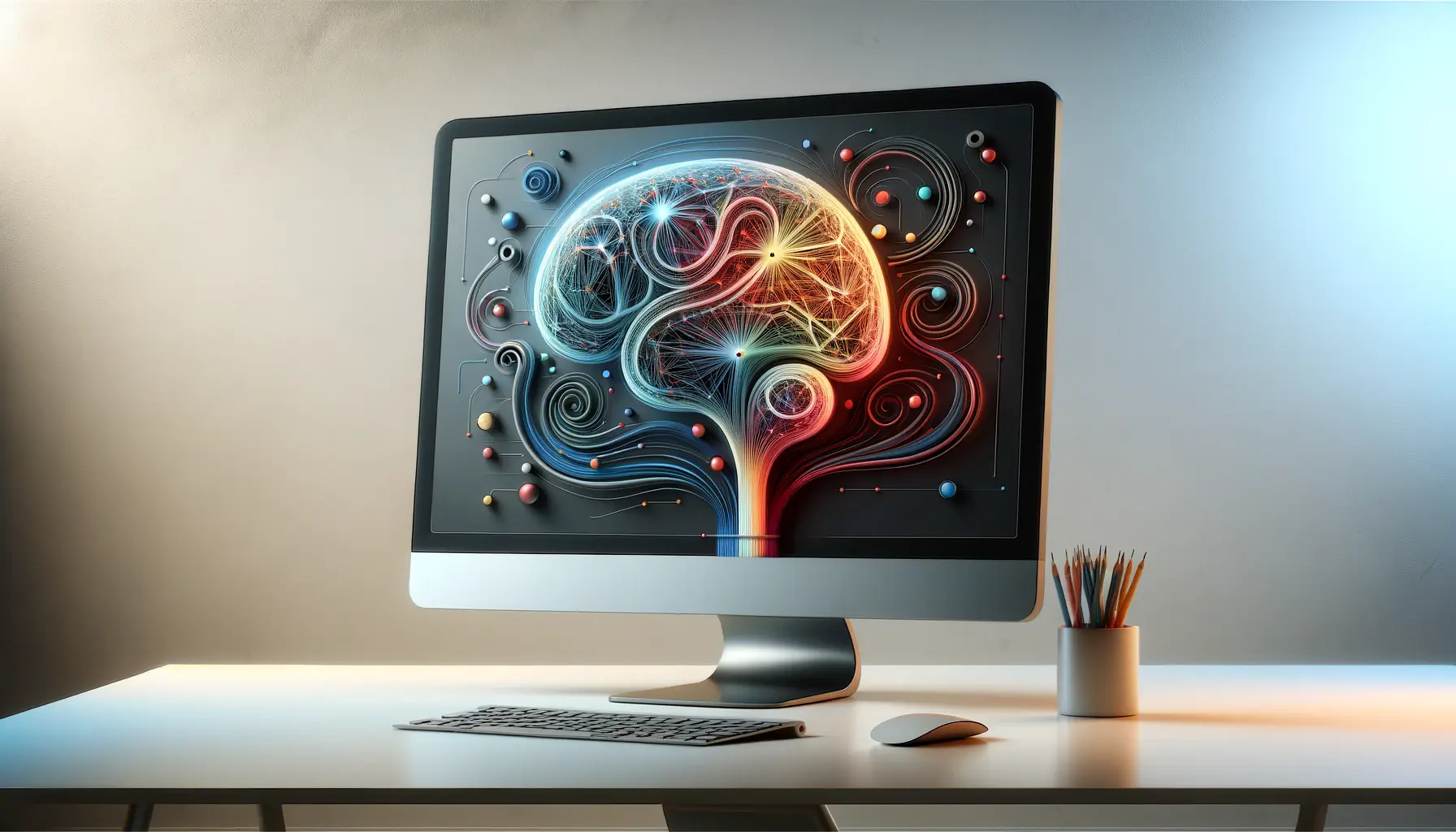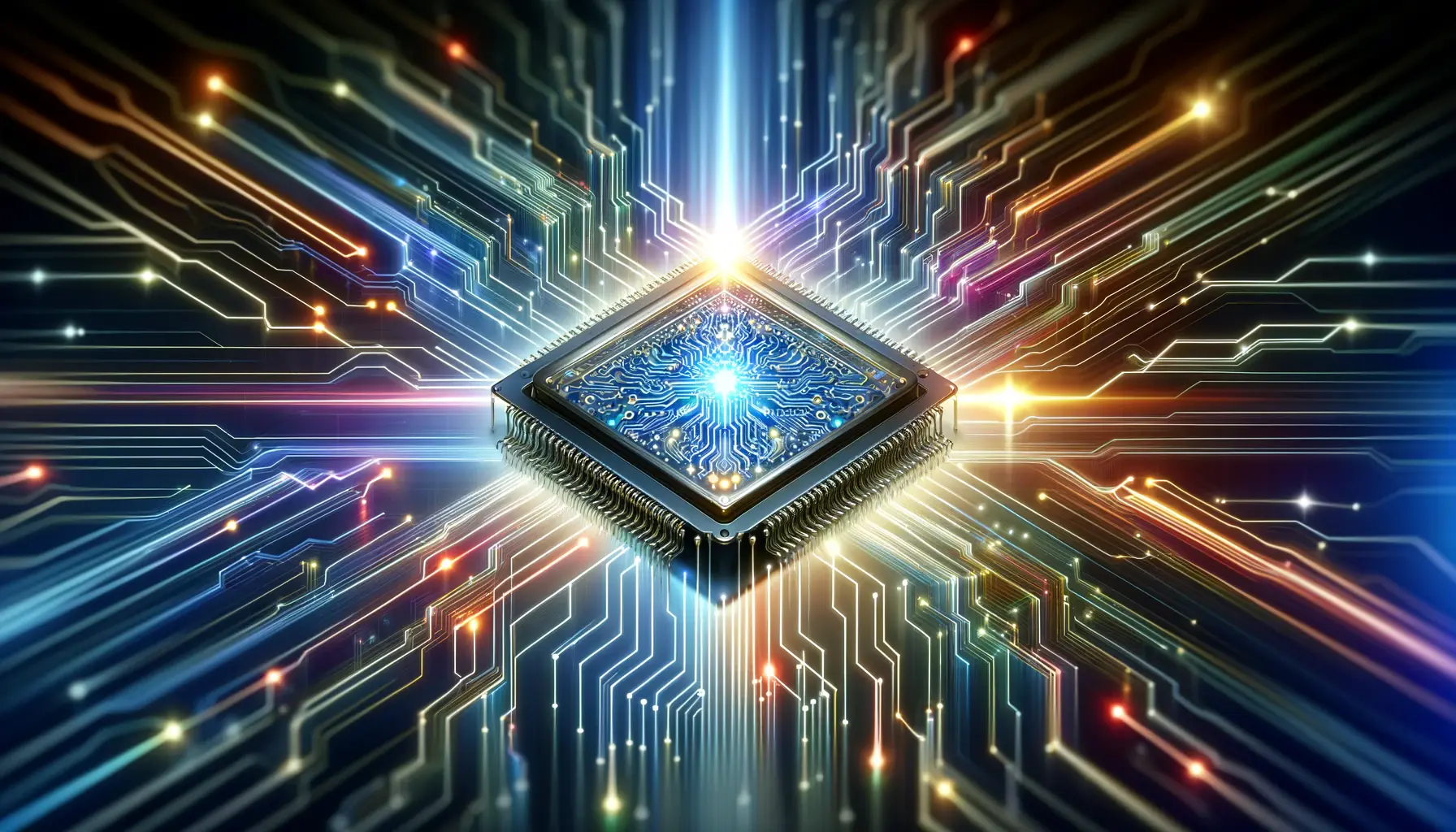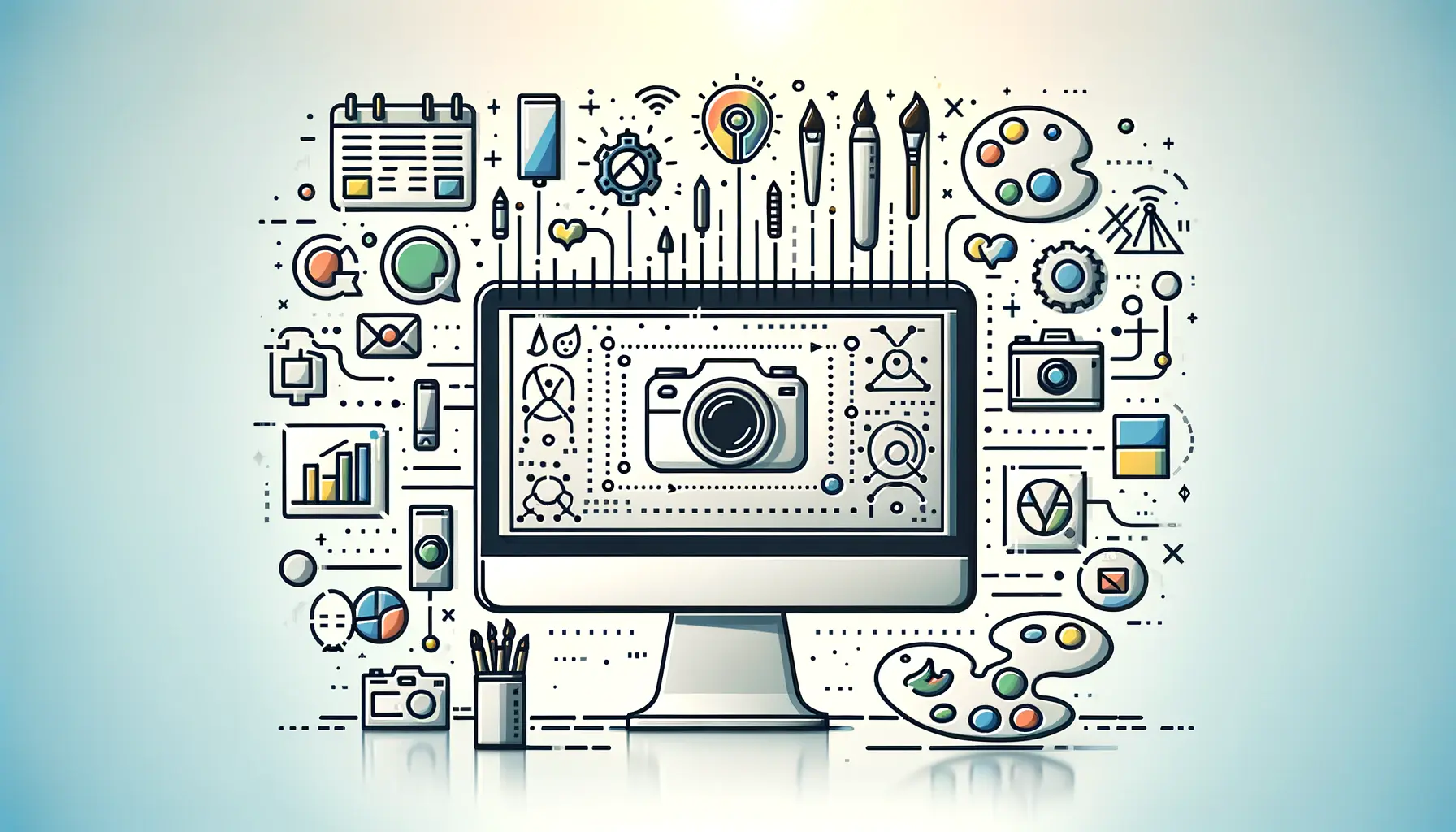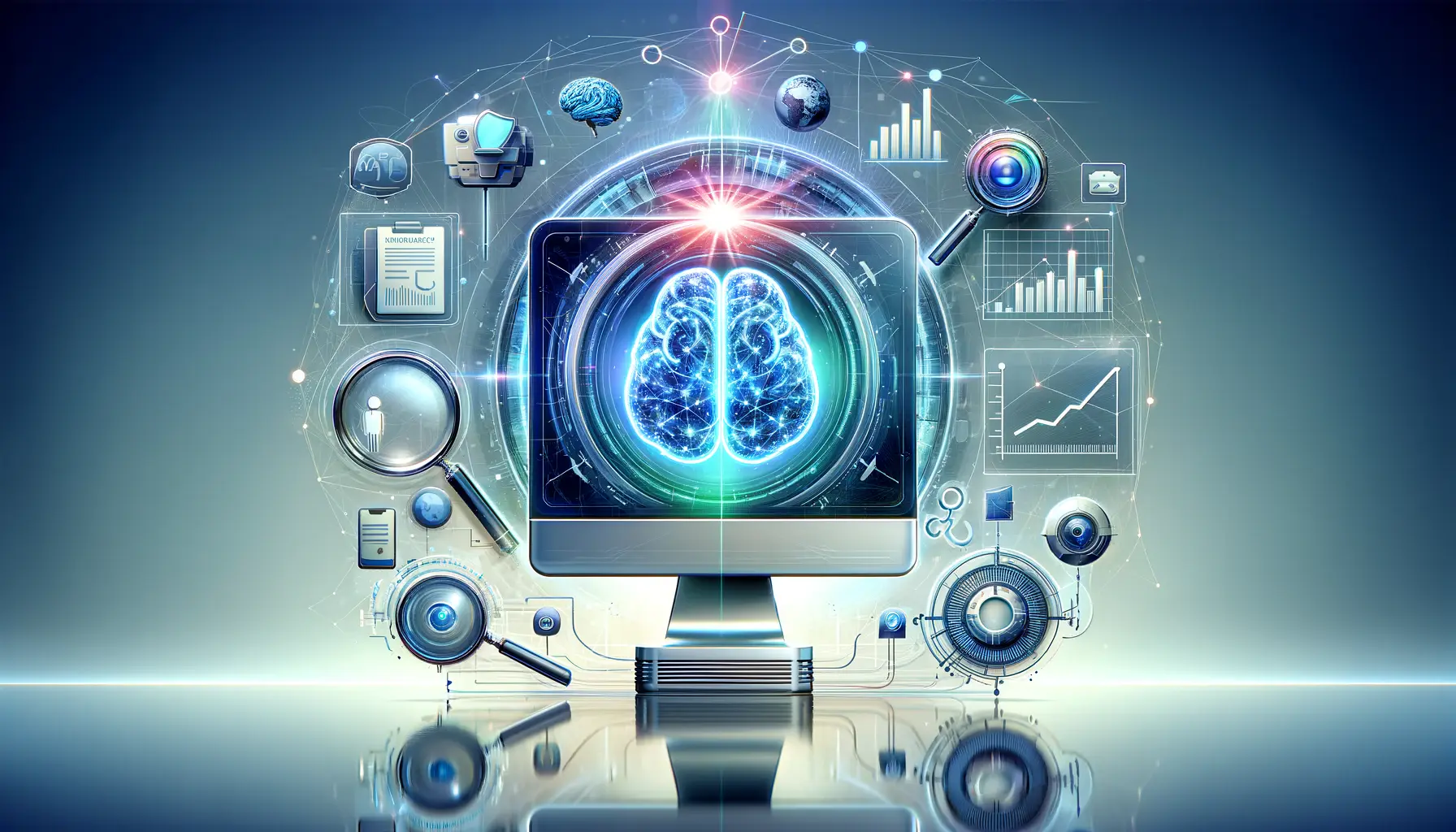In the rapidly evolving landscape of artificial intelligence, two giants have emerged as frontrunners in the race to develop the most advanced and user-friendly AI chatbots: Anthropic’s Claude and OpenAI’s ChatGPT.
These platforms have garnered significant attention for their ability to understand and generate human-like text, offering promising applications in various fields such as customer service, education, and content creation.
This article delves into a comprehensive comparison between Claude and ChatGPT, highlighting their capabilities, differences, and potential impacts on the future of AI interactions.
At the heart of this comparison lies a fundamental question: How do these AI models stack up against each other in terms of performance, ethical considerations, and technological innovation?
With Claude’s emphasis on safety and ethical AI development and ChatGPT’s prowess in generating contextually relevant and coherent responses, the competition between these two models is not just about technical superiority but also about shaping the ethical landscape of AI development.
As we explore the nuances of each platform, we aim to provide valuable insights into their strengths, limitations, and the broader implications of their advancements.
- Introduction to Claude and ChatGPT
- Technical Capabilities and Performance
- User Experience and Interface
- Integration and Scalability
- Adaptability to Different Industries
- Future Developments and Innovations
- Challenges and Ethical Considerations
- Conclusion: Navigating the Future with Claude and ChatGPT
- FAQs: Claude vs. ChatGPT
Introduction to Claude and ChatGPT
Understanding Claude
Claude, developed by Anthropic, represents a significant leap forward in the realm of AI chatbots.
Born out of a desire to create a more ethical and safe AI, Claude is designed with a unique approach to AI safety, termed “Constitutional AI”.
This approach ensures that Claude operates within a set of ethical guidelines, making it not just technologically advanced but also aligned with human values and safety concerns.
Claude’s ability to process and generate text is underpinned by its sophisticated understanding of language nuances, making it a formidable contender in the AI space.
Anthropic’s commitment to ethical AI development is reflected in Claude’s design, which prioritizes user safety and data privacy.
This focus on ethics does not come at the expense of performance; Claude boasts impressive capabilities in understanding context, generating human-like responses, and even coding.
With a robust framework for ethical considerations, Claude sets a new standard for responsible AI development.
Exploring ChatGPT
On the other side of the spectrum is ChatGPT, developed by OpenAI.
ChatGPT has taken the world by storm with its remarkable ability to generate coherent and contextually relevant text across a wide range of topics.
Powered by the GPT (Generative Pre-trained Transformer) architecture, ChatGPT’s strength lies in its vast training data and sophisticated algorithms, enabling it to understand and respond to user queries with an unprecedented level of accuracy and relevance.
ChatGPT’s versatility and adaptability have made it a popular tool for various applications, from writing assistance to educational tutoring.
Its ability to engage in meaningful conversations, coupled with its continuous learning from user interactions, has positioned ChatGPT as a leading AI chatbot.
However, with great power comes great responsibility, and OpenAI has been proactive in addressing the ethical and safety concerns associated with AI development, ensuring that ChatGPT remains a safe and beneficial tool for users.
As we delve deeper into the comparison between Claude and ChatGPT, it’s essential to keep in mind that the true measure of their success lies not just in their technological capabilities but also in their ability to enhance human-AI interactions in a safe, ethical, and meaningful way.
Technical Capabilities and Performance
The technical prowess of Claude and ChatGPT is a critical aspect of their comparison, highlighting the advancements in AI that enable these chatbots to understand and interact with users in a human-like manner.
Both platforms have been developed with cutting-edge technology, but they each have unique strengths that set them apart in the AI landscape.
Claude’s Advanced Features
Claude distinguishes itself with several key features that contribute to its robust performance:
- Contextual Understanding: Claude’s ability to process extensive texts allows it to maintain context over longer conversations, providing responses that are not only relevant but also deeply connected to the ongoing dialogue.
- Ethical AI Framework: Its foundational design around Constitutional AI ensures that Claude operates within ethical boundaries, making it a safer choice for users concerned about AI’s impact on privacy and societal norms.
- Adaptability: Claude is designed to be adaptable across various domains, showcasing its versatility in handling tasks from creative writing to technical coding challenges.
Claude’s integration of ethical considerations into its core functionality represents a significant step forward in the development of responsible AI.
ChatGPT’s Strengths
ChatGPT, powered by OpenAI’s GPT architecture, excels in several areas:
- Generative Text Capabilities: At the heart of ChatGPT’s success is its exceptional ability to generate coherent and contextually relevant text across a wide array of topics, making it an invaluable tool for content creation.
- Continuous Learning: ChatGPT’s design allows it to learn from each interaction, continuously improving its responses and understanding of user queries.
- Scalability: The underlying GPT architecture provides ChatGPT with scalability, enabling it to handle an increasing volume of queries without compromising on performance.
The technical capabilities and performance of Claude and ChatGPT showcase the remarkable advancements in AI chatbot technology.
While Claude emphasizes ethical AI development and contextual understanding, ChatGPT focuses on generative text capabilities and scalability.
These differences highlight the diverse approaches to AI development and the potential for these technologies to complement each other in enhancing human-AI interactions.
User Experience and Interface
The user experience (UX) and interface design of an AI chatbot significantly influence its adoption and effectiveness.
Both Claude and ChatGPT have been designed with a focus on creating intuitive and engaging interactions, but they approach UX from slightly different angles, reflecting their underlying philosophies and target audiences.
Claude aims to provide a user experience that is not only seamless but also grounded in ethical AI usage.
This commitment to ethical guidelines is evident in its interaction design, where safety and privacy considerations are paramount.
Users of Claude can expect a chatbot that prioritizes clear communication, respect for user input, and responses that reflect a deep understanding of both the query and the context in which it was asked.
- Personalized Responses: Claude tailors its interactions to the user’s needs, offering personalized advice and information that goes beyond generic responses.
- Safety Features: It incorporates safety features designed to protect user privacy and prevent the dissemination of harmful content.
ChatGPT, on the other hand, focuses on delivering a highly responsive and adaptable user experience.
Its interface is designed to be user-friendly, encouraging exploration and experimentation.
ChatGPT excels in generating creative and informative content, making it a popular choice for users looking for a chatbot that can assist with a wide range of tasks, from writing help to educational tutoring.
- Interactive Learning: ChatGPT learns from user interactions, which means it can improve its responses over time, becoming more aligned with the user’s expectations and preferences.
- Wide Range of Applications: The versatility of ChatGPT’s UX design makes it suitable for various applications, enhancing its appeal to a broad user base.
While both Claude and ChatGPT offer engaging user experiences, Claude’s focus on ethical AI and safety, and ChatGPT’s emphasis on versatility and learning, showcase their distinct approaches to enhancing user interactions with AI.
Integration and Scalability
The ability of AI chatbots to integrate with existing systems and scale according to demand is crucial for their adoption in various industries.
Both Claude and ChatGPT have been engineered with these considerations in mind, offering robust solutions that cater to the needs of businesses and developers alike.
Claude’s Integration Capabilities
Claude stands out for its seamless integration capabilities, particularly in environments that prioritize ethical AI use and safety.
Its design allows for easy incorporation into existing platforms, enhancing user experiences without compromising on privacy or ethical standards.
Businesses looking to deploy AI solutions that align with their values find Claude to be an attractive option.
- Compatibility with various platforms and services, ensuring that businesses can leverage Claude’s capabilities across a wide range of applications.
- Focus on data privacy and ethical AI use, making it suitable for sectors with stringent regulatory requirements.
ChatGPT’s Scalability
ChatGPT’s architecture is built for scalability, enabling it to handle a vast number of queries simultaneously without a drop in performance.
This scalability is a significant advantage for businesses that require a high-performing AI chatbot capable of supporting a large user base.
ChatGPT’s ability to scale also means it can continuously evolve, incorporating new information and learning from interactions to improve its responses over time.
- Efficient handling of high-volume interactions, making it ideal for customer service and content generation tasks.
- Adaptive learning capabilities that allow ChatGPT to grow more accurate and relevant in its responses as it interacts with users.
The integration and scalability of Claude and ChatGPT highlight their potential to transform how businesses interact with their customers, offering solutions that are not only technologically advanced but also aligned with ethical and practical business requirements.
Adaptability to Different Industries
The versatility of AI chatbots like Claude and ChatGPT in adapting to various industry needs is a testament to their advanced AI capabilities.
Each has shown remarkable flexibility, powering applications across sectors from education to healthcare, showcasing their potential to revolutionize industry-specific workflows and communication strategies.
Claude’s Industry Applications
Claude’s design, emphasizing ethical AI use and contextual understanding, makes it particularly suited for industries where trust and safety are paramount.
Its adaptability is evident in sectors such as healthcare, where Claude can provide support by offering information that adheres to privacy standards and ethical considerations.
- Healthcare: Enhancing patient engagement and support through secure and empathetic interactions.
- Education: Personalizing learning experiences with adaptive responses that cater to individual student needs.
ChatGPT’s Versatility
ChatGPT’s broad knowledge base and generative capabilities allow it to serve a wide range of industries effectively.
Its strength in creating coherent, contextually relevant content on demand has made it a valuable tool for content creation, customer service, and more.
- Content Creation: Assisting writers and marketers by generating creative content, from articles to marketing copy.
- Customer Service: Automating responses to customer inquiries, providing timely and accurate support.
Both Claude and ChatGPT demonstrate impressive adaptability, with Claude focusing on industries requiring ethical sensitivity and ChatGPT excelling in content-driven applications.
Future Developments and Innovations
The landscape of AI chatbots is constantly evolving, with new advancements and innovations shaping the future of platforms like Claude and ChatGPT.
Both Anthropic and OpenAI are at the forefront of this evolution, pushing the boundaries of what AI can achieve and setting new benchmarks for future developments in the field.
Anticipated Advancements in Claude
Anthropic’s commitment to ethical AI and safety-first design principles suggests that future versions of Claude will continue to refine these aspects.
Innovations may include enhanced understanding of complex user queries and further integration of ethical guidelines into its core algorithms.
Additionally, Anthropic is likely to focus on expanding Claude’s adaptability and customization options, allowing for more personalized user experiences across different sectors.
- Improved ethical AI frameworks for safer user interactions.
- Greater customization and personalization capabilities to meet specific industry needs.
OpenAI’s Vision for ChatGPT
OpenAI’s roadmap for ChatGPT includes making it more knowledgeable and context-aware, with ongoing updates to its learning algorithms to incorporate the latest information and user feedback.
Future iterations of ChatGPT may offer even more sophisticated dialogue capabilities, understanding not just the content of user queries but also the intent and emotion behind them.
OpenAI is also likely to enhance ChatGPT’s integration features, making it a more versatile tool for developers and businesses.
- Enhancements in real-time learning and context awareness for richer interactions.
- Advanced integration capabilities for broader application across industries.
The future of Claude and ChatGPT looks promising, with both platforms set to introduce more sophisticated AI features that will further blur the lines between human and machine interaction. As these chatbots evolve, they will undoubtedly play a pivotal role in shaping the future of AI-driven communication and services.
Challenges and Ethical Considerations
As AI chatbots like Claude and ChatGPT become more integrated into our daily lives and business operations, they bring with them a set of challenges and ethical considerations that must be addressed.
The development and deployment of these technologies raise important questions about privacy, bias, and the future of human-AI interaction.
Addressing Bias and Fairness
One of the most pressing challenges is the potential for AI chatbots to perpetuate or even amplify biases present in their training data.
Both Anthropic and OpenAI are actively working to mitigate these issues by refining their models and incorporating diverse datasets.
However, ensuring that AI systems are fair and unbiased requires ongoing effort and vigilance.
- Continuous monitoring and updating of AI models to reduce bias.
- Engagement with diverse user groups to ensure AI systems are inclusive and equitable.
Privacy and Data Security
Another significant concern is the privacy and security of user data.
As AI chatbots become more capable of processing and generating personalized responses, they also access sensitive information.
Ensuring the confidentiality and integrity of this data is paramount, necessitating robust security measures and transparent data handling practices.
- Implementation of stringent data protection protocols to safeguard user information.
- Clear communication with users about how their data is used and stored.
The Future of Human-AI Interaction
The advancement of AI chatbots also prompts reflection on the nature of future human-AI relationships.
As these technologies become more embedded in our lives, it’s crucial to consider how they will affect employment, education, and social interactions.
Balancing the benefits of AI with the need to maintain meaningful human connections and roles will be a key challenge moving forward.
- Exploration of new educational and employment opportunities created by AI advancements.
- Development of guidelines to ensure AI complements rather than replaces human roles.
Ignoring the ethical considerations and challenges associated with AI chatbots could lead to unintended consequences, underscoring the importance of responsible AI development and deployment.
Conclusion: Navigating the Future with Claude and ChatGPT
The journey through the landscapes of Claude and ChatGPT reveals a future where AI chatbots are not just tools or novelties but integral components of our digital ecosystem.
As we’ve explored the capabilities, user experiences, and ethical considerations surrounding these advanced AI models, it’s clear that both Claude and ChatGPT are pioneering pathways towards more intelligent, responsive, and ethical AI interactions.
The comparison between these two giants in the AI space underscores a broader narrative about the potential of AI to enhance human life, provided we navigate its challenges with foresight and responsibility.
The Path Forward with AI Chatbots
The evolution of Claude and ChatGPT highlights several key areas that will define the future trajectory of AI chatbots:
- Enhanced Interactivity: Future developments promise even more sophisticated interactions, making AI chatbots indistinguishable from human counterparts in many scenarios.
- Customization and Personalization: Advancements in AI will allow for more tailored experiences, catering to the unique needs and preferences of each user.
- Ethical AI Use: The ongoing commitment to ethical AI practices will ensure that chatbots like Claude and ChatGPT contribute positively to society, addressing concerns around bias, privacy, and security.
As we stand on the brink of these advancements, the role of AI chatbots in our lives is poised to expand dramatically.
The potential for Claude and ChatGPT to revolutionize industries, enhance education, and improve daily life is immense.
However, this potential comes with the responsibility to ensure that AI development is guided by ethical principles, ensuring that technology serves humanity’s best interests.
Embracing the AI Revolution
The comparison between Claude and ChatGPT is more than an academic exercise; it’s a glimpse into a future where AI chatbots play a pivotal role in shaping our world.
As we embrace this AI revolution, it’s crucial to foster an environment where technology enhances human capabilities without compromising ethical values or personal connections.
The journey with Claude and ChatGPT is just beginning, and it promises a future where AI and humanity evolve together, creating a world that is more connected, efficient, and understanding.
FAQs: Claude vs. ChatGPT
Explore the most common inquiries about the two leading AI chatbots, Claude and ChatGPT, and gain insights into their functionalities, differences, and applications.
Claude emphasizes ethical AI use and safety, while ChatGPT excels in generating creative and contextually relevant content.
Yes, Claude can generate creative content, but ChatGPT is known for its superior creativity in generating poems and stories.
Claude is designed with a focus on ethical AI, making it generally considered better at producing safe responses compared to ChatGPT.
Claude is trained on the latest real-time data, allowing it to answer questions about current events more effectively than ChatGPT’s free version.
ChatGPT provides quicker and more detailed responses, boasting faster processing speeds compared to Claude.
Yes, Claude can upload and analyze files, offering a definitive advantage over ChatGPT in handling and summarizing uploaded documents.
Yes, Claude uses a “Constitutional AI” model focusing on ethical guidelines, while ChatGPT relies on reinforcement learning from human feedback.
Both can be effective; Claude’s ethical AI makes it suitable for sensitive environments, while ChatGPT’s extensive knowledge base is ideal for learning.
